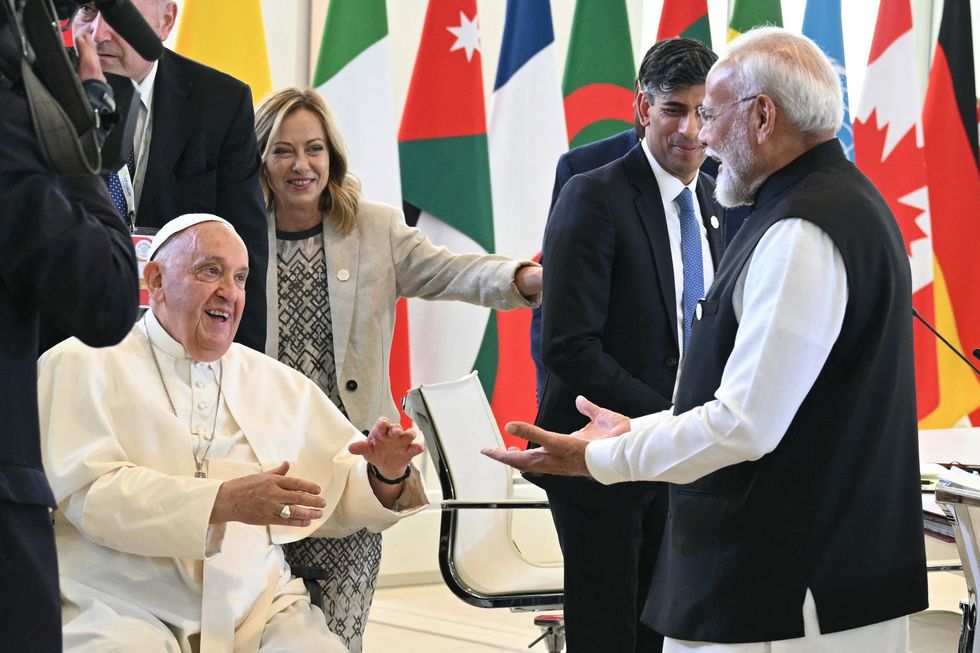THE Indian government opposes same-sex marriage recognition, it said in a filing to the Supreme Court on Sunday (12), urging the court to reject LGBT couples' challenges to the current legal framework.
According to the filing, the ministry of law believes that, while there are various types of relationships in society, the legal recognition of marriage is for heterosexual relationships, and the state has a legitimate interest in maintaining this.
"Living together as partners and having sexual relationships with people of the same sex... is not comparable to the Indian family unit concept of a husband, wife, and children," the ministry argued.
The court cannot be asked to "change the entire legislative policy of the country, which is deeply embedded in religious and societal norms," it said.
In a historic verdict in 2018, India's top court decriminalised homosexuality by scrapping a colonial-era ban on gay sex. The current case is being seen as a further important development on LGBT rights in the country.
At least 15 pleas, some by gay couples, have been filed in recent months asking the court to recognise same-sex marriages, setting the stage for this legal face-off with Prime Minister Narendra Modi's government.
"Sad that their concept of 'Indian' is so non-inclusive and static that it does not want to evolve according to wider notions of human rights," filmmaker and equal rights activist Onir wrote on Twitter.
Three lawyers and two petitioners that Reuters reached out to either refused to comment or chose not to respond.
In India, the issue of same-sex marriage is sensitive: speaking openly about homosexuality is taboo for many in the socially conservative country of 1.4 billion people.
The issue has stoked emotions in the media and in parliament, where a member of Modi's ruling Hindu nationalist party in December asked the government to strongly oppose the petitions filed in the top court.
LGBT activists say that while the 2018 ruling affirmed their constitutional rights, it is unjust that they still lack legal backing for their unions, a basic right enjoyed by heterosexual married couples.
"We can't do so many things in the process of living together and building a life together," one of the litigants in the current case, businessman Uday Raj Anand, said in December.
In Sunday's filing, the government argued the 2018 ruling cannot mean recognising a fundamental legal right to same-sex marriage under the laws of the country.
The intent behind the current legal system on marriage "was limited to the recognition of a legal relationship of marriage between a man and a woman, represented as a husband and wife."
The government has argued that any change to the legal structure should be the domain of the elected parliament, not the court.
The cases are set to be heard in the Supreme Court on Monday (13).
(Reuters)


















 Pope Francis greets Narendra Modi on the sidelines of the G7 summit near Bari, Italy, in June last year, as Italian prime minister Giorgia Meloni and then British prime minister Rishi Sunak look on
Pope Francis greets Narendra Modi on the sidelines of the G7 summit near Bari, Italy, in June last year, as Italian prime minister Giorgia Meloni and then British prime minister Rishi Sunak look on
